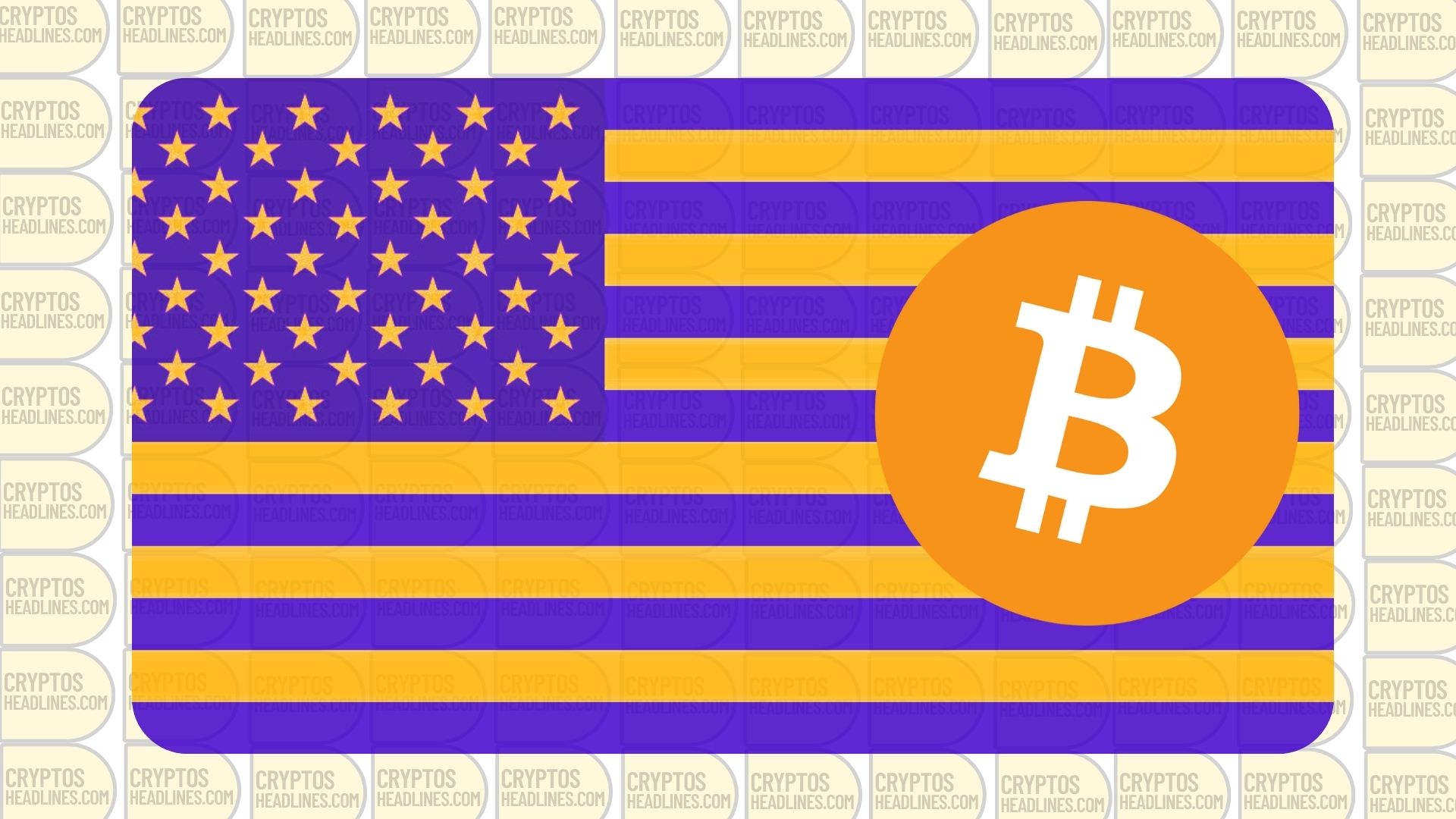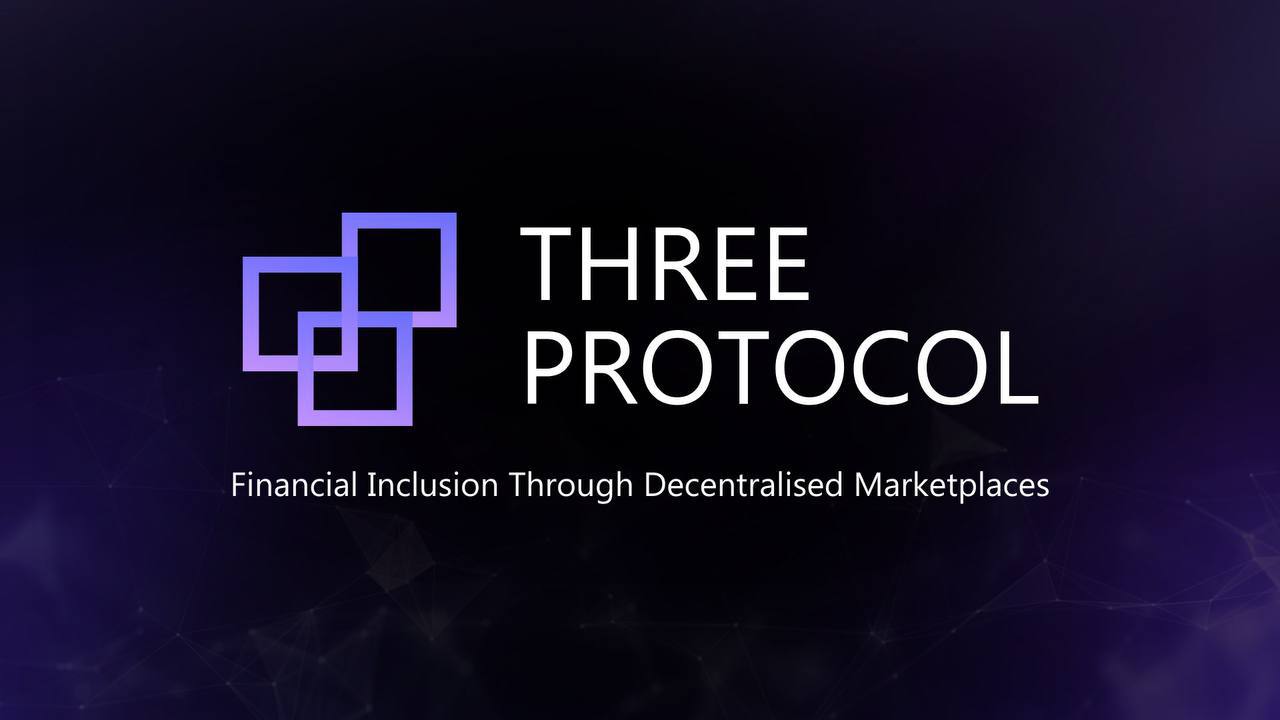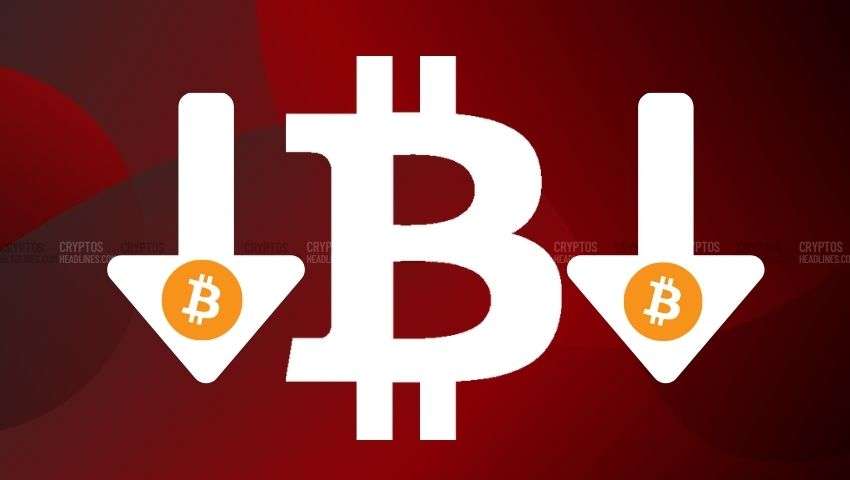Republicans emphasized the potential for finding common ground through legislative compromise, while Democrats described their positions on stablecoins as a growing division.
US lawmakers are still unable to bridge the gap between Republicans and Democrats regarding their distinct approaches to regulating stablecoins. This was evident during a Thursday hearing held by the House Financial Services Committee’s digital assets panel, where both sides expressed some optimism but ultimately remained divided.
One of the main disagreements revolves around the level of authority given to state regulators. Representative French Hill (R-Ark.), who chairs the subcommittee, supports proposed legislation that grants stronger regulatory power to state regulators. On the other hand, Representative Maxine Waters (D-Calif.), the ranking Democrat on the overall committee, advocates for a leading role for the Federal Reserve in the Democratic proposal. During the hearing, Hill referred to a previous statement made by Waters, stating that lawmakers were essentially starting anew this year, as previous attempts at reaching a compromise fell short.
Hill reassured, “We’re not starting over completely. There are significant similarities between the two proposals, which means we’re not too far apart in our views.”
In response, Waters argued that the Republican language lacks several crucial elements, highlighting significant differences between the two sides. Representative Stephen Lynch (D-Mass.), the leading Democrat on the crypto-focused subcommittee, expressed his concern that the divide between the parties has grown wider.
Stablecoins like Tether’s USDT and Circle Internet Financial’s USDC are digital currencies that are pegged to the value of stable assets like the US dollar. They have played a significant role in the world of cryptocurrencies. Both House Republicans and Democrats share common objectives, such as protecting consumers and ensuring the US dollar’s continued importance in global trade. Regulating stablecoins denominated in US dollars within the United States could help achieve these goals.
The bright side for the crypto industry, which eagerly seeks regulatory clarity in the United States, is that various committees, including this one, have been conducting multiple congressional hearings on stablecoins and cryptocurrencies in recent weeks. This demonstrates the growing significance of the topic. Many members of both the House and Senate are calling for action, and if they can reach a compromise on stablecoin regulations, it would mark a significant initial stride towards establishing oversight of the industry in the United States.
Nevertheless, for any legislation to progress, it must go through the Senate Banking Committee, led by Chairman Sen. Sherrod Brown (D-Ohio). Currently, there are no indications that Sen. Brown is inclined to advance a bill at this time.
Additionally, Hill addressed another topic this week, which is the debate surrounding the potential issuance of a digital dollar by the United States. He collaborated with Representative Jake Auchincloss (D-Mass.) on a bipartisan bill that aims to prohibit the Federal Reserve from introducing a government-backed digital currency. This action comes in response to concerns raised by constituents who fear that a central bank digital currency could be used by the government to monitor their financial transactions, potentially restricting their access to the banking and payment systems.
Florida Governor Ron DeSantis has recently approved a bill that prohibits the acceptance of any United States central bank digital currency (CBDC) as a form of “money” in the state. However, legal experts have stated that this legislation would not have any practical effect.
This information is for general knowledge only and should not be considered as advice for investing or making financial decisions.










